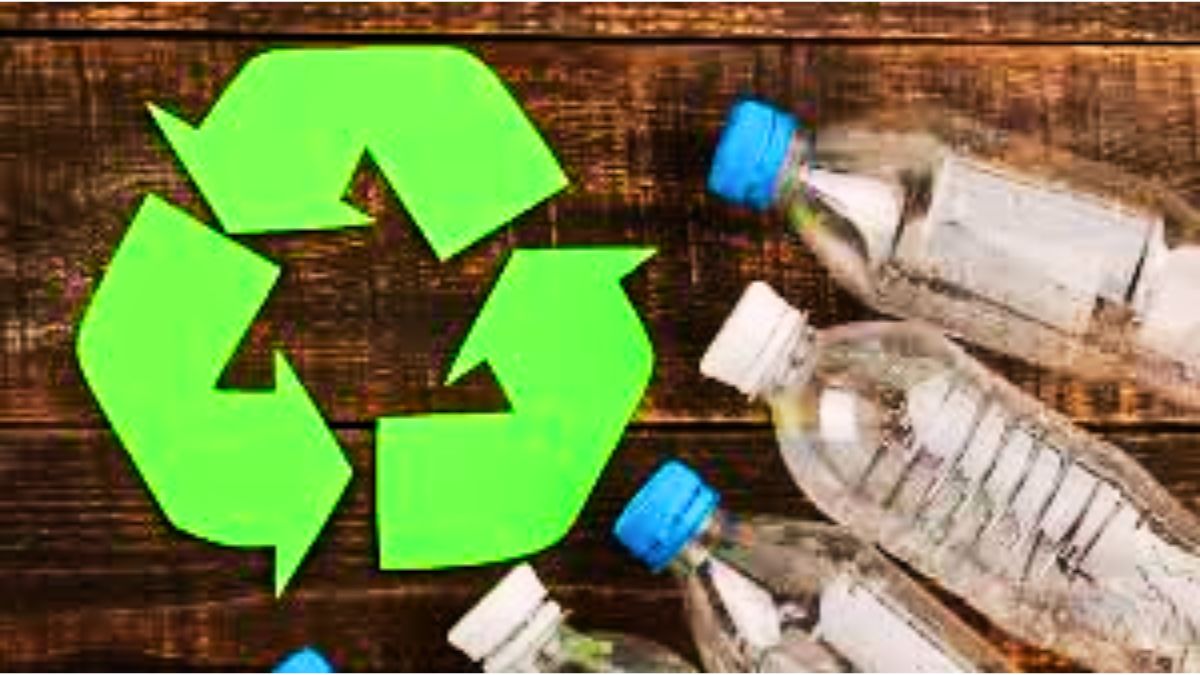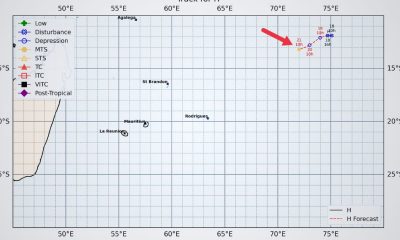LIFE AND STYLE
Mauritius Approves 2 New Regulations in Fight Against Plastic Pollution

In a move to curb the nation’s persistent plastic pollution problem, the Mauritian government has approved new regulations to tighten controls on plastic bags and single-use products. The new legislation aims to clarify and expand existing laws, with a particular focus on redefining what constitutes “plastic” to prevent confusion with genuinely biodegradable alternatives.
The approved texts, the Environment Protection (Banning of Plastic Bags) (Amendment) Regulations 2025 and the Environment Protection (Control of Single Use Plastic Products) (Amendment No. 2) Regulations 2025, broaden the definition of plastic to include 14 petroleum-based materials.
Crucially, the new rules will classify bags that fail to meet international biodegradability or compostability standards as conventional plastic.
The aim is to ensure consumers can distinguish between true eco-friendly options and misleading products.
The new regulations will also allow for two additional domestic composting standards.
This new push comes as plastic waste remains a national issue, despite a 7.9% decrease in overall waste buried at the Mare Chicose landfill in 2024.
According to Statistics Mauritius, the nation produced 498,309 tonnes of waste in 2024, down from 541,141 tonnes in 2023.
Despite the reduction in overall waste, plastic pollution continues to be a major concern. On average, a Mauritian resident produces 500 kilograms of plastic waste per year, contributing to an annual total of over 116,000 tonnes.
Of this amount, only 5,000 tonnes are recycled, with the rest ending up in the already overburdened Mare Chicose landfill.
The new regulations build on a history of anti-plastic measures in Mauritius, dating back to a 2016 ban on plastic bags.
Since 2021, regulations have also been in place to ban single-use plastic items like cutlery, plates, cups, and food containers provided by restaurants.
A moratorium on the ban of non-biodegradable plastic bowls, cups, and trays for producers and importers has been extended until 14 January 2026, allowing the industry more time to transition to sustainable alternatives.
Notably, polyethylene terephthalate (PET) bottles, which make up 17% of plastic waste in Mauritius, remain on the market.
These bottles are subject to a Rs 2 excise tax, and bottling companies are required to have a special permit to track the volume used.
While Mauritius moves forward, the island of Rodrigues stands out as a “plastic waste-free” model.
Since banning single-use plastic bags in 2014, the island has also prohibited plastic flowers and polystyrene food packaging.
Rodrigues authorities plan to continue their efforts with the opening of a new waste sorting centre.
Source: Le Mauricien











